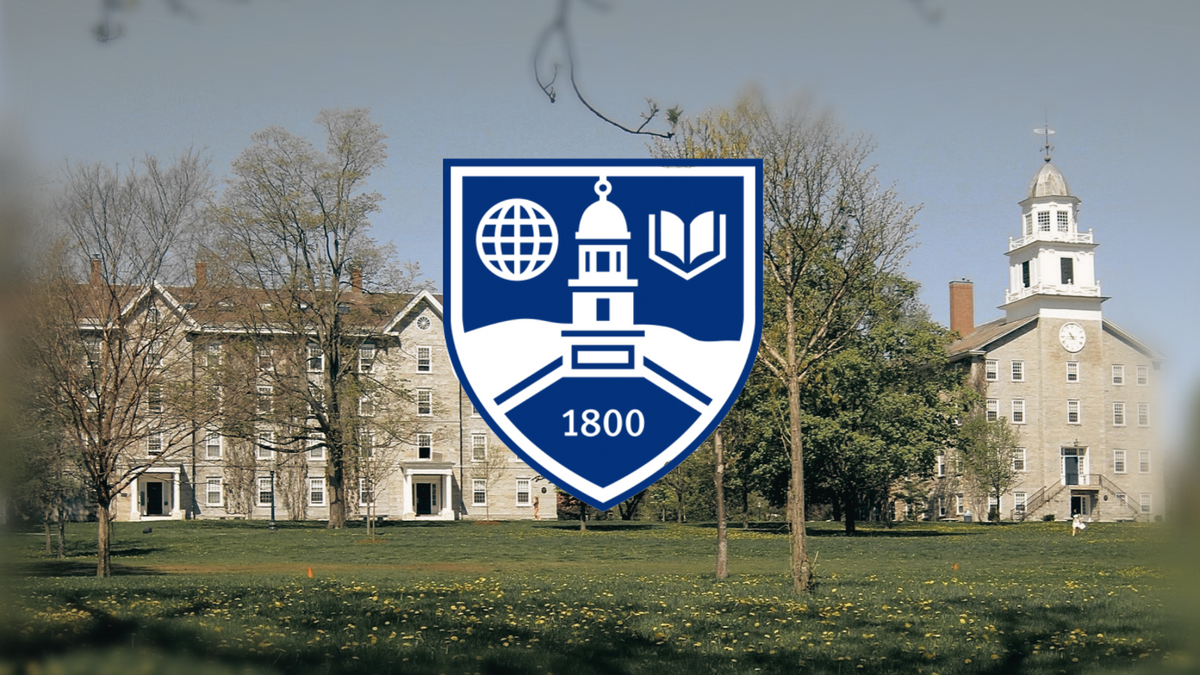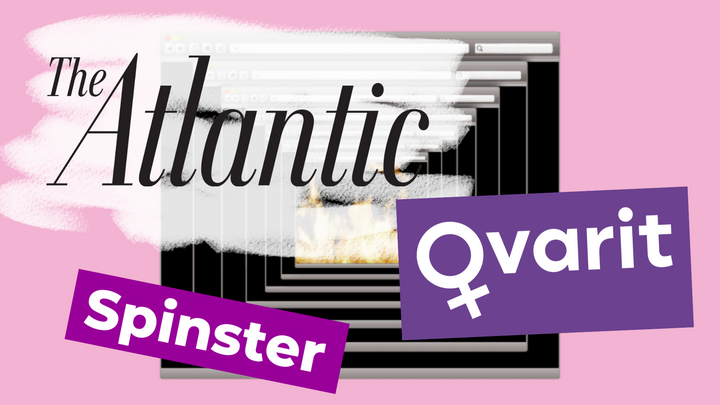US 'Queer' Female Professors Labeled TERFs by Students and Staff
Despite citing Judith Butler, professors at Middlebury College got dragged through the mud for "questioning gender."

As has recently been reported in the Journal of Lesbian Studies, in the Spring of 2019, two female professors at Middlebury College came under fire for their campus-wide survey on intersectionality. Despite being a “queer femme woman” and a “Black butch lesbian,” the academics found themselves dragged through the mud by “woke” students and staff for the survey’s initial question. It read: “What gender do you consider yourself ?” Options for answering included: “Man,” “Woman,” “Transgender,” and an open-ended box titled “Self-Identify.”
Where was the “wrongthink”? Members of a “Queer and Allies” student group complained that the answers lacked the option of “cisgender” and did not feature the terms “nonbinary” and “agender.”
In an email to the two female professors, the students argued that “the inclusion of transgender as an option without including cisgender contributes to the othering of transness while considering cis to be the default.”
As Carly Thomsen and Laurie Essig described in their 2021 Journal of Lesbian Studies report, this minor issue turned into a saga when the two scholars replied to the students. In an email, they answered that “hours of conversation” went into their “decisions regarding question design.” The women also explained their reasons for excluding “cisgender,” “agender” and “nonbinary,” citing queer theory itself, and arguing they had the best interest of students in mind.
The students did not react well to these explanations. In Thomsen and Essig’s words:
“We were told that these responses, like our survey questions, were TERF-y. We were told that we ‘othered’ trans students and made them feel un-seen by creating a box labeled ‘other.’ We were told that the wording of the question in which we asked what gender respondents ‘consider’ themselves, rather than what gender they ‘are’ was transphobic.”
A “time-consuming series of meetings” ensued. First, the two professors met with the college’s Diversity, Equity, and Inclusion (DEI) staff member. Despite arguing with what they thought was the “ideologically correct” transfeminist scholarly work, including Judith Butler’s, the diversity officer was unconvinced. According to the scholars, s/he “suggested that the Black butch lesbian professor in question was ‘aggressive and defensive’ and the white femme queer woman professor was ‘condescending and harmful.’”
Six months later, the story continued when a new “LGBTQ affairs” staff person arrived on campus and organized a meeting with the leaders of multiple LGBTQ student groups: Queers & Allies, Trans Affinity Group, Queer and Trans People of Color, and the Queer Studies House. The latter student group whose advisor was Carly Thomsen, one of the professors accused of transphobia, was labelled transphobic by the “Queers & Allies” for its affiliation with the professor. In fact, the whole Gender, Sexuality, and Feminist Studies (GSFS) department to which the house is connected, was described as “TERFy” at the meeting.
This encounter was, by no means, the end of the saga, as many other meetings ensued, accusations and smears proliferated and students from warring trans and queer student groups sabotaged each other’s work.
Despite the fact that none of the criticized professors, contrary to academics elsewhere, lost their job, the tone of Thomsen and Essig’s study betrays a sense of injustice. The two women said they were “disheartened” by the fact they were “told how to do our jobs by a DEI staff without academic training in critical feminist, queer, trans, or Black studies.”
The female professors also seemed unsatisfied with the arbitrariness of the transphobia accusation, complaining that the diversity officer indicated “that although the survey may not have been transphobic in and of itself, if some students perceived it as transphobic, then, in essence, it was.” They added: “In other words, any perception of harm is equivalent to harm itself. No evidence necessary.”
In a rare "woke" insight into the current misogynistic attack on feminism, Thomsen and Essig continued that they “came to understand that we were labeled TERFs, both individually and as a department, because our academic discipline questions gender.” Incisively, they concluded that “by this logic, feminist studies faculty can never be outside the figure of the TERF.”
Unfortunately, contrary to other women labeled TERFs, Thomsen and Essig failed to make the next logical step - to conclude that no matter how much “transfeminist,” and “queer,” (i.e. woman-hating) theory you espouse, you will never appease the misogynists.
Instead of standing up for women, Middlebury College professors chose to throw their more courageous peers under the bus - in the 2021 study, they labelled Janice Raymond’s and JK Rowling’s ideas that “transwomen are not women” “deplorable,” as well as “fringe” and “not really feminist.”
The “survey question case” was not the first incident of “woke” students going rogue at Middlebury College. In the infamously violent events of 2017, professor Allison Stanger ended up in a neck brace after she found herself “caught in the middle of an angry mob of students” who had come to protest conservative sociologist Charles Murray’s appearance on campus.
Do you want to bring the "gender madness" to an end? Help us write about it! 4W is able to pay our all-female staff and writers thanks to the generous support of our paid monthly subscribers.
Enter your email below to sign in or become a 4W member and join the conversation.
(Already did this? Try refreshing the page!)





Comments